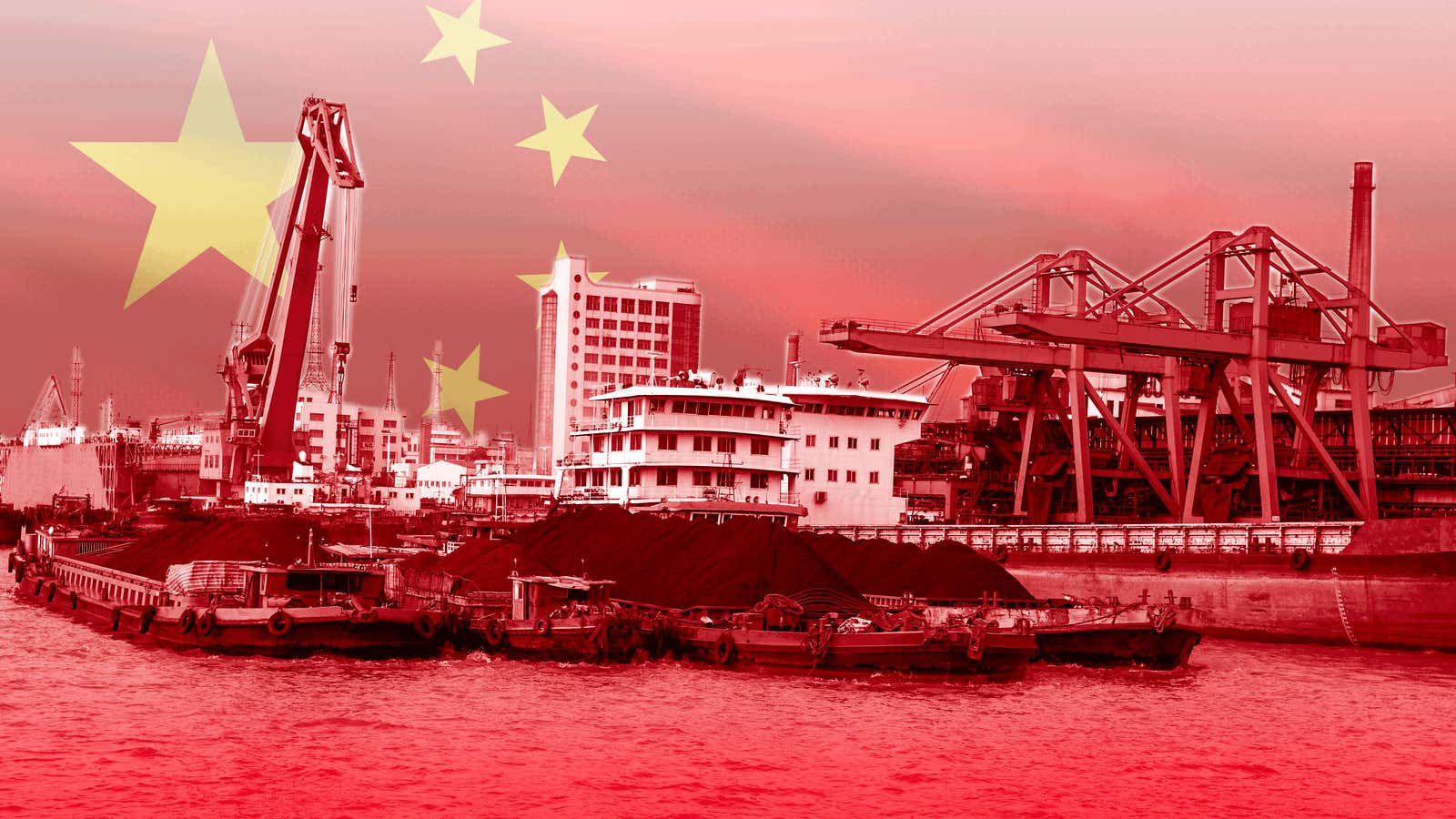Faced with a growing reliance on rare earth imports, China is doubling down on efforts to buy up more rare earth raw materials at their source. To do so, it is ramping up production at home—but it’s also aggressively investing overseas.
China’s objective is very clear, said Thomas Krümmer of the Singapore-based firm Ginger International Trade and Investment. The government wants to re-establish an “abundant supply of rare earth, so [as] to have the world’s cheapest feed for China’s downstream industries.” Virtually every cutting-edge high-tech manufacturer, whether of phones or EVs or semiconductors, requires rare earths refined to a high purity.
But its own industry aside, China also has trade dominance in mind. By snapping up raw materials and feeding them into its refineries, China will also be able to export even vaster quantities of purified rare earths than it already does, all “at the expense of everybody else who wants to produce rare earths,” Krümmer said.
China is mining more rare earth metals at home and abroad
Last year, China restarted operations at four rare earth deposits (link in Chinese) in the southeastern province of Jiangxi, where mining had been halted since 2017 over environmental concerns.
Chinese companies are boosting rare earth mining in Myanmar and Laos. China also has a foothold in Vietnam, estimated to have the world’s second-largest reserves of exploitable rare earths. The Vietnam Rare Earth Company, for example, is 90% owned (pdf) by Shenghe Resources, a rare earth giant backed by the Chinese state.
Australia is also a target. Last year, Shenghe acquired a 19.9% stake (pdf) in the Australian miner Peak Rare Earths; signed a non-binding agreement to buy up to 100% of the output from Peak’s mining project in Tananzia; and placed an executive on Peak’s board. Peak has said (pdf) it is committed to being a “non-Chinese aligned source of rare earth production,” but a company with close ties to the Chinese government is now embedded in its operations. Peak did not response to a request for comment.
In addition, Chinese companies are zeroing in on Australian mineral sands deposits, which are sources of rare earths. Again, Shenghe figures prominently: It has invested (link in Chinese) in WIM Resource, which runs a mineral sands project in Victoria state, and has just signed an agreement to buy the majority of Australian miner VHM’s products.
The West is trying to weaken China’s rare earths monopoly
But China is also running into hurdles on its global shopping spree.
A major investment in a rare earths mine in Greenland, owned by a company in which Shenghe is the largest shareholder, is in limbo after the Greenland government rejected a license application.
Canada is tightening its investment rules to keep China out of its critical minerals industry. While Ottawa has decided not to force three Chinese companies to divest their stakes in Canadian lithium miners, uncertainty will likely hang over further Chinese investment decisions. Last month, Australia blocked a Chinese fund from increasing its stake in the rare earths miner Northern Minerals. Had the deal been approved, Yuxiao Fund would have raised its stake from just under 10% to 19.9%.
Northern Minerals’ Browns Range project is rich in dysprosium and terbium, metals that are highly sought-after. These metals fall in the heavier rare earths category, in which China is even more dominant. “That [Yuxiao deal] was probably smart to block, in terms of heavy rare earths, because there aren’t many [deposits] like that,” said Stan Trout, founder of rare earths and magnetic materials consultancy Spontaneous Materials.
“[Australian officials] don’t want Northern Minerals products to be rerouted to China” and lost to the US military supply chain, said Kingsley Jones, a founding partner at Jevons Global, an Australia-based investment advisory firm.
The curbs on Yuxiao reflect a US-Australia effort in the “friendshoring of dysprosium and terbium,” Jones said, adding that while the absolute quantities at play aren’t large, they are “likely sufficient to satisfy US [Department of Defense] needs.” The main thrust of such friendshoring is simple: to build out entire supply chains of rare earths that are independent of Chinese dominance.
This is the second article in a three-part series.
Part I: China’s rare earths industry has a raw materials problem
Part III: The West is trying to cut China out of rare earths—and China is noticing
